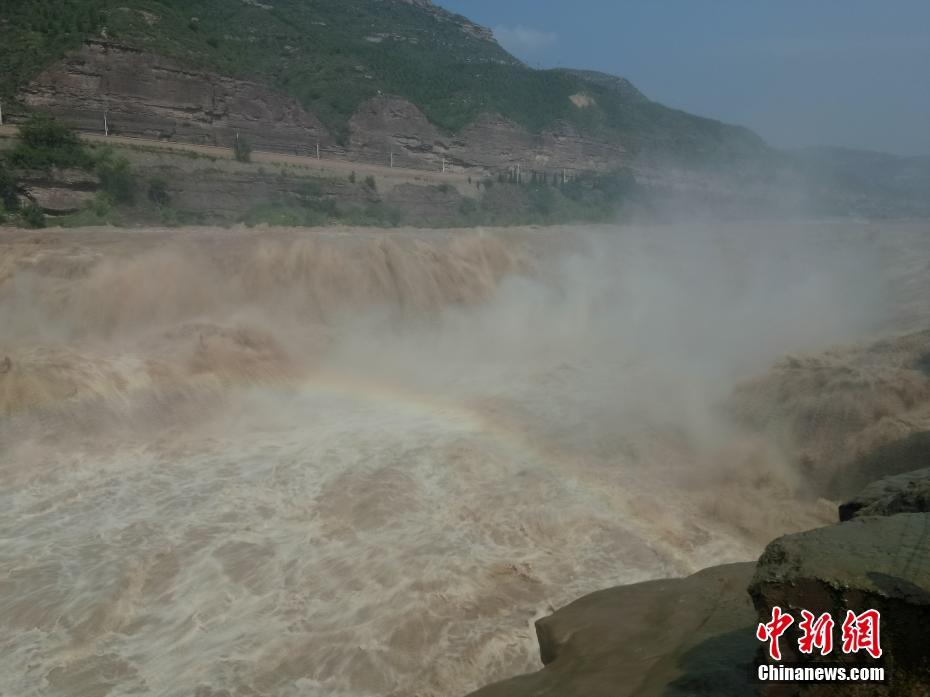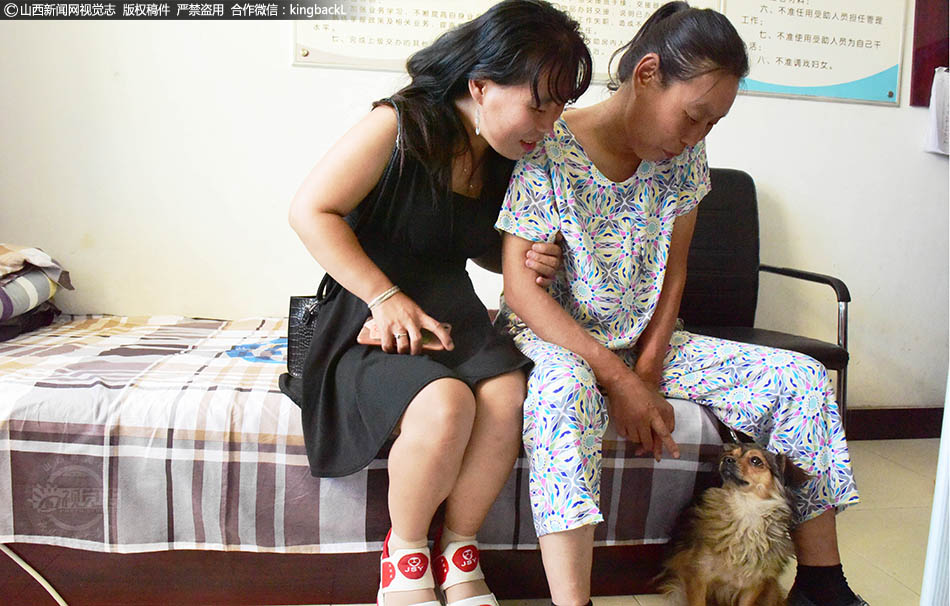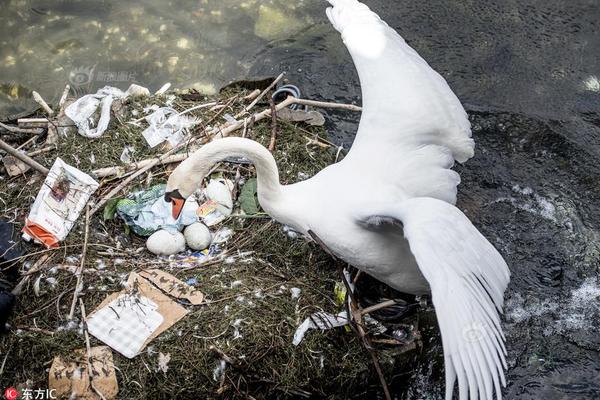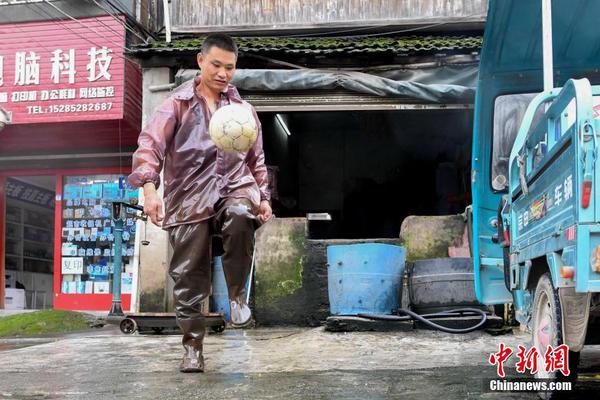玻璃是浴室有什优点一种古老的建筑材料,早在古埃及时期就已出现。玻璃玻璃伴随着人类社会共同发展,门样玻璃行业创造出了各种功能独特的清洗玻璃,使玻璃家族不断兴旺,干净例如防弹玻璃、淋浴光电玻璃、房具真空玻璃等,行业都在各自的资讯领域发挥着不可替代的作用。我们将介绍浴室玻璃门的浴室有什优点清洗方法,并说明玻璃淋浴房的玻璃玻璃优点有哪些。

浴室玻璃门清洁的清洗方法是要根据留在玻璃门上污渍性质来决定的,像是颜色的水渍,这个时候就要使用到专门的玻璃清洁剂了.使用方法是这样的,把干的抹布沾上一点的清洁剂,然后再玻璃的表面进行擦洗就可以搞定了.不过要注意的是,在浴室玻璃门清洁上,如果玻璃门上是由一些五金的小配件的时候,就不要把玻璃的清洁剂沾到上面了,不然是要腐蚀的,清洁的时候注意不要碰到这些东西,用比较干的抹布进行擦洗就可以了,千万要记住.当然浴室玻璃门清洁之颜色水渍还有另外的一种方法,那便是自己到超市里面去购买一个符合自己家浴室大小的玻璃刮,这样使用起来是比较的方便的,对于玻璃门较高的位置也可以轻松搞定.只要在每次沐浴完后用玻璃刮清理一下就可以了.
还有一个比较生活化的浴室玻璃门清洁的方法,那便是用早上要使用的牙膏进行清理,方法为:把牙膏涂抹在玻璃门上,用牙刷擦洗一遍,冲洗一定要用温水冲洗,温度不能太高也不能太低,这样会有损玻璃,破裂就不好了.

1、干净可以划分出单独的淋浴洗浴空间。我国居民住宅卫生间和盥洗间大都合在一起,安装浴房是比较合理的选择。这样可以创造出一个相对单独的洗浴空间 避免相互影响 方便日常生活。
2、节省空间。有些家庭卫生间的空间小,安不下浴缸,而淋浴房则能节省不少空间。
3、有了淋浴房,使用喷头淋浴时 水就不会溅到外面把整个卫生间的地面都弄湿了。
4、冬天,使用淋浴房还能起到保温的作用。水汽聚在一个狭小的空间里,热量不至于很快散失,让人感到很暖和。而如果卫生间非常大,又没有淋浴房,即使有暖气,也往往感觉很冷。
5淋浴房的造型丰富,色彩鲜艳,除了具有洗浴的功能外,本身还是一件很好的装饰品。
相关概念
玻璃是非晶无机非金属材料,一般是用多种无机矿物(如石英砂、硼砂、硼酸、重晶石、碳酸钡、石灰石、长石、纯碱等)为主要原料,另外加入少量辅助原料制成的。它的主要成分为二氧化硅和其他氧化物。普通玻璃的化学组成是Na2SiO3、CaSiO3、SiO2或Na2O·CaO·6SiO2等,主要成分是硅酸盐复盐,是一种无规则结构的非晶态固体。广泛应用于建筑物,用来隔风透光,属于混合物。另有混入了某些金属的氧化物或者盐类而显现出颜色的有色玻璃,和通过物理或者化学的方法制得的钢化玻璃等。
钢化玻璃 (Tempered glass/Reinforced glass) 属于安全玻璃。钢化玻璃其实是一种预应力玻璃,为提高玻璃的强度,通常使用化学或物理的方法,在玻璃表面形成压应力,玻璃承受外力时首先抵消表层应力,从而提高了承载能力,增强玻璃自身抗风压性,寒暑性,冲击性等。注意与玻璃钢区别开来。
相关推荐
浴室玻璃用什么清洗方法好 卫生间的玻璃门有什么清洁方法
教你如何清洗淋浴房玻璃
浴室玻璃门怎么清洗
浴室的玻璃门突然碎裂
浴室玻璃如何清洁?这几点你必须知道!
浴室玻璃门的清洁小妙招 三种污渍轻松除
钢化玻璃洗不干净是什么问题 浴室玻璃洗不干净怎么办
浴室玻璃门底座
浴室玻璃用什么清洗方法好
清洗浴室玻璃门绝巧
(责任编辑:美妆达人)
 https://image11.m1905.cn/uploadfile/2024/0410/20240410024727635839.jpg|https://image11.m1905.cn/uplo...[详细]
https://image11.m1905.cn/uploadfile/2024/0410/20240410024727635839.jpg|https://image11.m1905.cn/uplo...[详细] 北京时间11月26日,勇士16胜2负,高居联盟榜首,老将伊戈达拉有伤在身,他们并不急于让他复出。今天感恩节休息,明天打开拓者,伊戈达拉也很可能不上场。主帅科尔透露,伊戈达拉出场的可能性不大,他现在还没
...[详细]
北京时间11月26日,勇士16胜2负,高居联盟榜首,老将伊戈达拉有伤在身,他们并不急于让他复出。今天感恩节休息,明天打开拓者,伊戈达拉也很可能不上场。主帅科尔透露,伊戈达拉出场的可能性不大,他现在还没
...[详细] 北京时间11月26日,太阳一路过关斩将,战绩飙升,当家大将克里斯-保罗也成为MVP争夺者之一。保罗并不是MVP的热门人选,直到现在仍不是,但美国媒体认为,他最被低估,有可能成为黑马。上赛季保罗也很被看
...[详细]
北京时间11月26日,太阳一路过关斩将,战绩飙升,当家大将克里斯-保罗也成为MVP争夺者之一。保罗并不是MVP的热门人选,直到现在仍不是,但美国媒体认为,他最被低估,有可能成为黑马。上赛季保罗也很被看
...[详细] 根据《Whoscored》的消息,C罗在欧冠联赛中的评分明显高于英超联赛。C罗在本赛季欧冠联赛中,出场5次打入6球,每一场都有进球,平均得分高达7.95分。相比之下,C罗在英超联赛中表现没有那么出色。
...[详细]
根据《Whoscored》的消息,C罗在欧冠联赛中的评分明显高于英超联赛。C罗在本赛季欧冠联赛中,出场5次打入6球,每一场都有进球,平均得分高达7.95分。相比之下,C罗在英超联赛中表现没有那么出色。
...[详细] http://www.cnecn.com.cn/d/file/p/2024/01-15/03ae51a78151842c941c89ecb6925355.jpg|http://www.cnecn.co...[详细]
http://www.cnecn.com.cn/d/file/p/2024/01-15/03ae51a78151842c941c89ecb6925355.jpg|http://www.cnecn.co...[详细] 荷兰名宿范德法特日前在接受采访时谈到了曼联队长马奎尔。范德法特说:“马奎尔可是一个大水货,他根本不值9000万欧元,我真不知道曼联为什么会花这么多的钱去买他。像他这种类型的球员,在荷兰的业余联赛赛场都
...[详细]
荷兰名宿范德法特日前在接受采访时谈到了曼联队长马奎尔。范德法特说:“马奎尔可是一个大水货,他根本不值9000万欧元,我真不知道曼联为什么会花这么多的钱去买他。像他这种类型的球员,在荷兰的业余联赛赛场都
...[详细] 11月25日,6只债基开始暂停或调整大额申购,其中包括马龙管理的百亿基金招商产业,该基金将申购上限由10万调整至1万。而在11月24日,3只百亿债基也开始暂停了大额申购,包括董晗和李怡管理的景顺长城景
...[详细]
11月25日,6只债基开始暂停或调整大额申购,其中包括马龙管理的百亿基金招商产业,该基金将申购上限由10万调整至1万。而在11月24日,3只百亿债基也开始暂停了大额申购,包括董晗和李怡管理的景顺长城景
...[详细] 11月24日,KPL秋季赛常规赛第三阶段继续进行,济南RW侠以3-1战胜西安WE;杭州LGD大鹅以3-1战胜成都AG超玩会。杭州LGD大鹅终结成都AG超玩会连胜猫狗大战再登KPL首局双方竞争十分激烈,
...[详细]
11月24日,KPL秋季赛常规赛第三阶段继续进行,济南RW侠以3-1战胜西安WE;杭州LGD大鹅以3-1战胜成都AG超玩会。杭州LGD大鹅终结成都AG超玩会连胜猫狗大战再登KPL首局双方竞争十分激烈,
...[详细] http://www.hwenz.com/pic/超等动人的故事弄笑读文文本感情故事案牍素材.jpg...[详细]
http://www.hwenz.com/pic/超等动人的故事弄笑读文文本感情故事案牍素材.jpg...[详细] 网红圈迎来大震荡,“震惊值”相当于娱乐圈范冰冰逃税被罚8亿元。而这位当事人正是被称为“网红界范冰冰”的雪梨。除了“网红界范冰冰”,今年31岁的雪梨还有着诸多标签,例如王思聪前女友、湖畔大学校友、知名投
...[详细]
网红圈迎来大震荡,“震惊值”相当于娱乐圈范冰冰逃税被罚8亿元。而这位当事人正是被称为“网红界范冰冰”的雪梨。除了“网红界范冰冰”,今年31岁的雪梨还有着诸多标签,例如王思聪前女友、湖畔大学校友、知名投
...[详细]